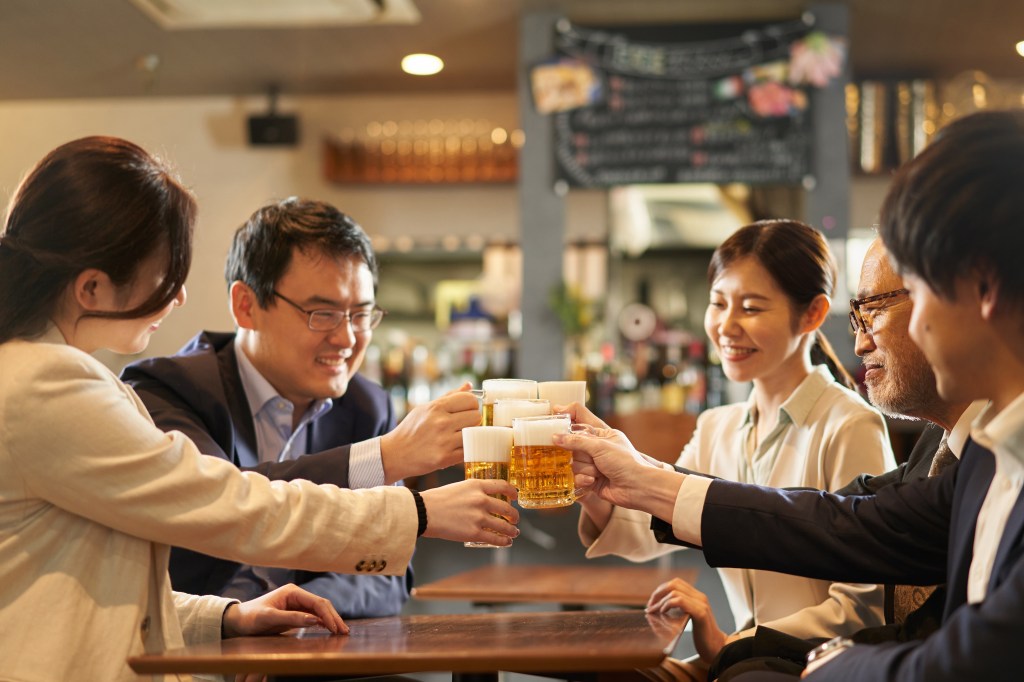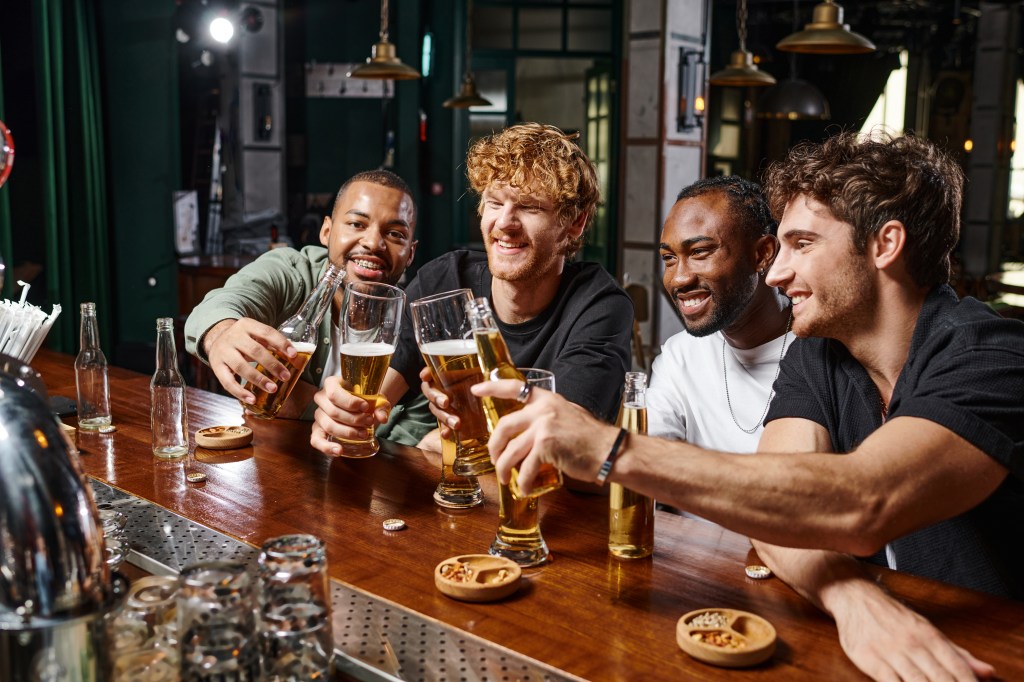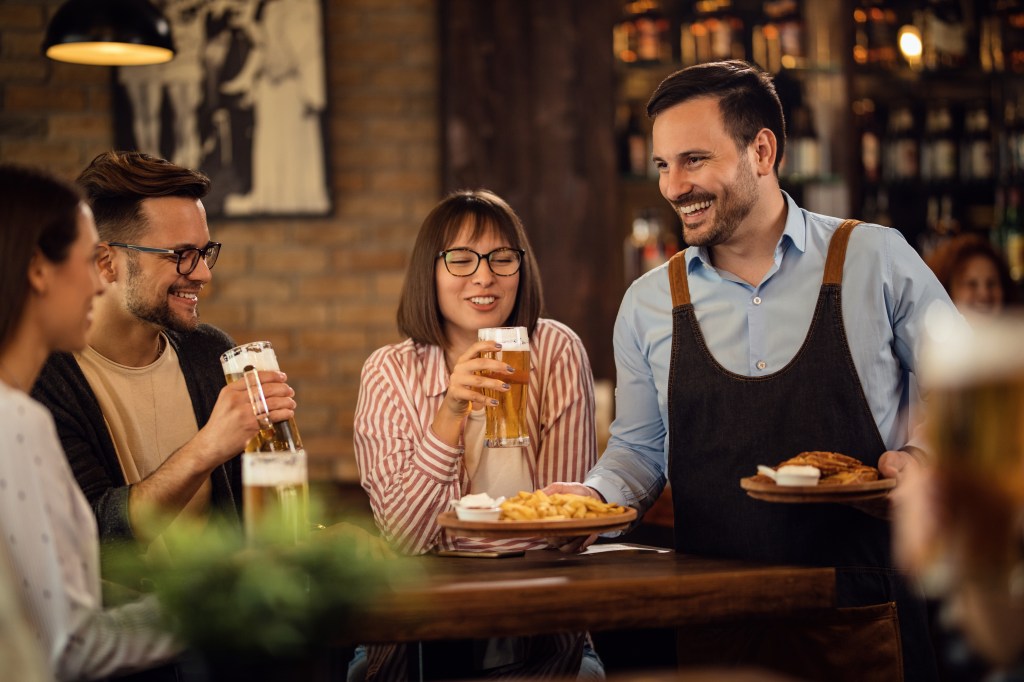Retail report from Italy
NielsenIQ’s field teams continue calling on supermarkets and other retail outlets in Italy to provide data to the world’s largest FMCG companies and offer ongoing insights from inside a country that’s currently in complete quarantine lockdown.
In the early days of the COVID-19 crisis in Italy, Nardiello said consumers rushed to stores to stock up on emergency health items, such as hand sanitizers and face masks, along with fresh fruit and vegetables. The rush came as Italy saw the number of diagnosed COVID-19 cases rise dramatically in February and early March, prompting the government to lock down the north of the country, and then, by March 9, the entire country.
Unlike in some countries, where similar panic buying took place on the news of rising diagnoses, Nardiello said his teams had not witnessed attempts by major retailers to limit sales of in-demand items. However, he said concerned retailers attempted a proactive approach with messaging, including via media outlets, to advise that there was no need to be concerned about supply levels. But the guidance was largely unheeded.
At the height of panic buying, he saw retail sales reach levels that he normally sees only during holiday periods like Christmas. But once the initial rush on stores was over, sales plateaued outside of spikes driven by news events such as the expanded quarantine efforts.
Some of Nardiello’s observations:
- Some stores began limiting the number of people who could be inside the store at the same time. He believes this may drive people to buy products in larger quantities or pack sizes.
- Particularly for in-demand items, he says the market may see fewer promotions because consumers will be less price sensitive than normal.
- People have not increased their food ordering from restaurants in an effort to avoid food shopping. Said Nardiello: “This is not in our culture; we are happy to cook food from scratch.”
- Locally grown food and local brands have always been the norm in terms of popularity in Italy, but this may be amplified during the outbreak.
Related Articles
Coronavirus: continuano a crescere gli acquisti nella GDO



